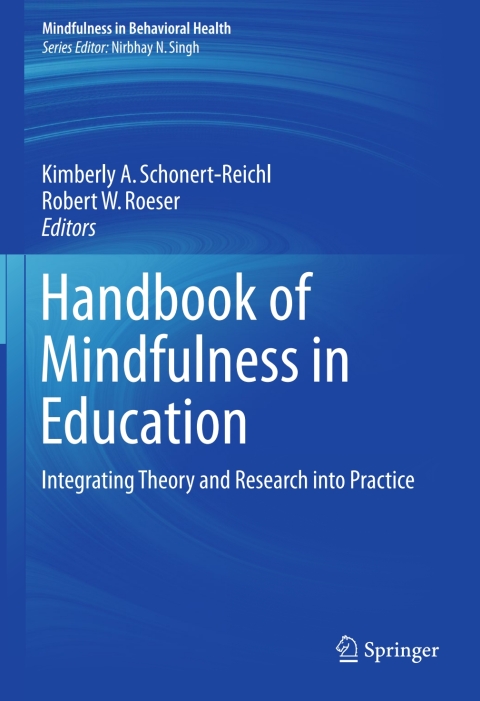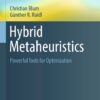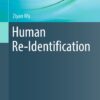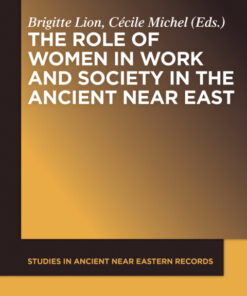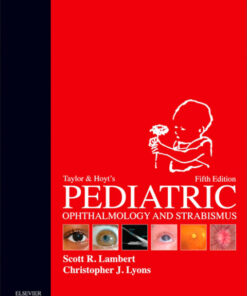Handbook of Mindfulness in Education Integrating Theory and Research into Practice Ebook
$15.00
Springer
Handbook of Mindfulness in Education
Integrating Theory and Research into PracticeRecently, there has been widespread emerging interest in the use of contemplative practices aimed at cultivating mindful awareness and compassion in teachers and students across a broad variety of disciplines (e.g., Roeser & Peck, 2009, Schonert-Reichl et al., in press; Thurman, 2006). But what is mindfulness and how can it be cultivated in secular educational settings in ways that support and extend other core aims of education associated with the “three Rs”? Both clinical psychology and neuroscience research have revealed important beneficial outcomes of the practice of mindfulness defined as moment-to-moment, present-centered, nonjudgmental awareness, in adults (Mind and Life Educational Research Network, forthcoming). New studies are underway aimed at extending these practices and their beneficial effects to people earlier in life such that the downstream consequences of a lack of mindfulness, self-regulation and compassion, including stress and its deleterious effects on the body and the mind, may be curtailed. This volume examines the theories and research that inform research and clinical practice, addressing such questions as: How can contemplative practices be “secularized” and used in such educational settings as schools? Do teachers need mindfulness practices or only students? How should such practices be taught and delivered? The Handbook of Mindfulness in Education includes contributions from some of the leading researchers and practitioners in the field of mindfulness-based interventions, and it is a must-have volume for academics and clinicians alike. ISBN: 9781493935048, 1493935046

